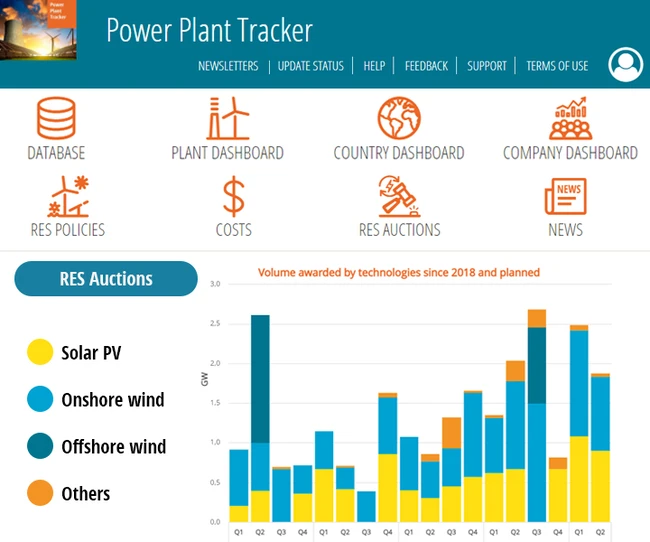The European Commission (EC) has approved six EU state aid electricity capacity mechanisms, namely two strategic reserves in Belgium and Germany, two market-wide capacity mechanisms in Italy and Poland, a demand response tender in France and an interruptibility scheme in Greece. These mechanisms are meant to ensure the security and the stability of the power supply in these countries and have been assessed under the framework of the EU 2014 Guidelines on State Aid for Environmental Protection and Energy.
The Belgium strategic reserve plans to keep a certain capacity outside the power market to be used only in emergency cases. Capacity providers will offer capacity when demand is at its highest, for instance in winter conditions. It will be contracted through a competitive process and its volume will be determined by the Belgian TSO. Belgium sought approval for five consecutive winters, starting with winter 2017-2018.
The German capacity reserve measure (Kapazitätsreserve) mandates German network operators to procure up to 2,000 MW of special capacity, which will be held in reserve outside the market. The mechanism will le launched in October 2019 and will cover three periods of 2 years until 2025.
The planned Italian and the Polish market-wide capacity mechanisms have been both approved for a 10-year period and enable capacity providers to obtain a financial compensation for making power capacities available This mechanism will be accompanied by market reforms covering the domestic transmission network and is open to all potential capacity providers.
The EC has approved France's planned demand response scheme, which will be in place between 2018 and 2023. It will support the development of the French demand response sector by providing temporary financial support to power consumers in exchange of their participation in the electricity market, i.e. when they temporarily reduce part or all of their electricity consumption.
The Greek existing interruptibility scheme will be prolonged for another 2-year period. It was initially approved in 2014 for a 3-year period and helped the country avoid electricity cuts through the reduction of the consumption of the participants in the scheme.

Do you want to become an expert on renewable energies auctions?
Discover our very detailed and regularly updated RES auctions database with worldwide coverage and a technical focus backed by academic research.
With our renewable energies auctions service you will be able to monitor auctions at a global level. Its (expanding) scope notably includes all major G20 countries and offers an especially fine tracking on Europe and South America.
 Energy and Climate Databases
Energy and Climate Databases Market Analysis
Market Analysis